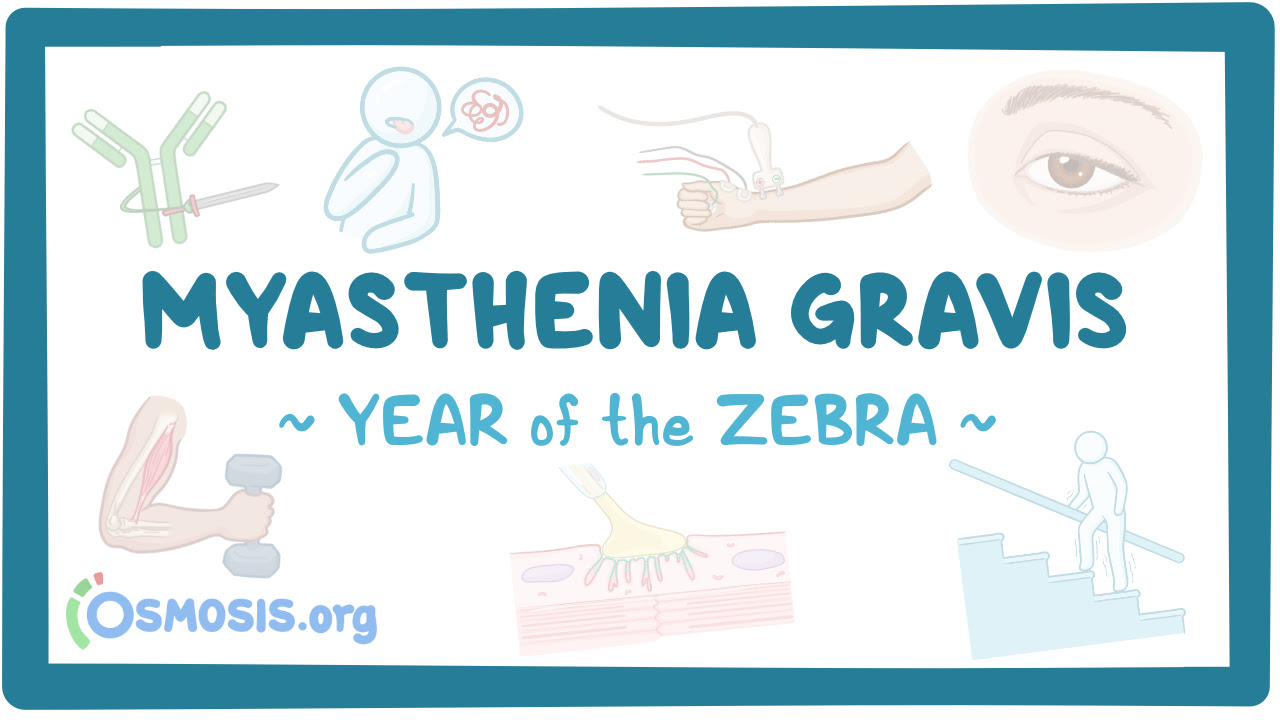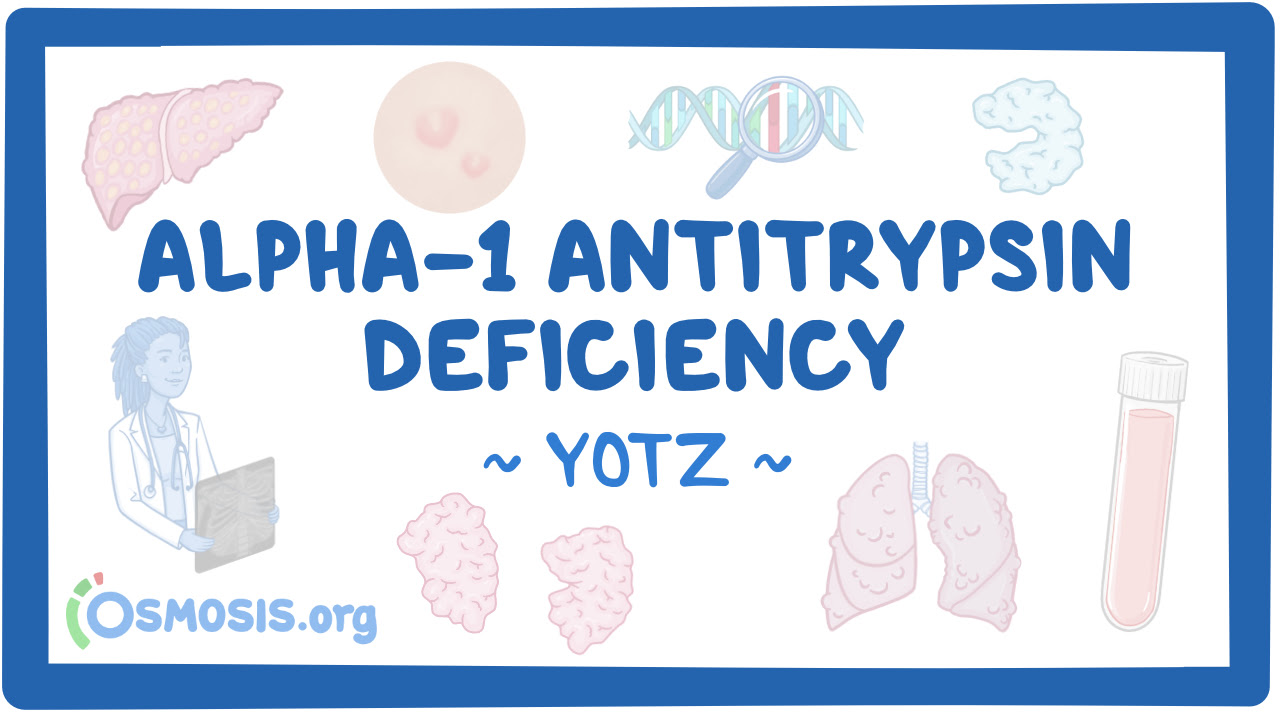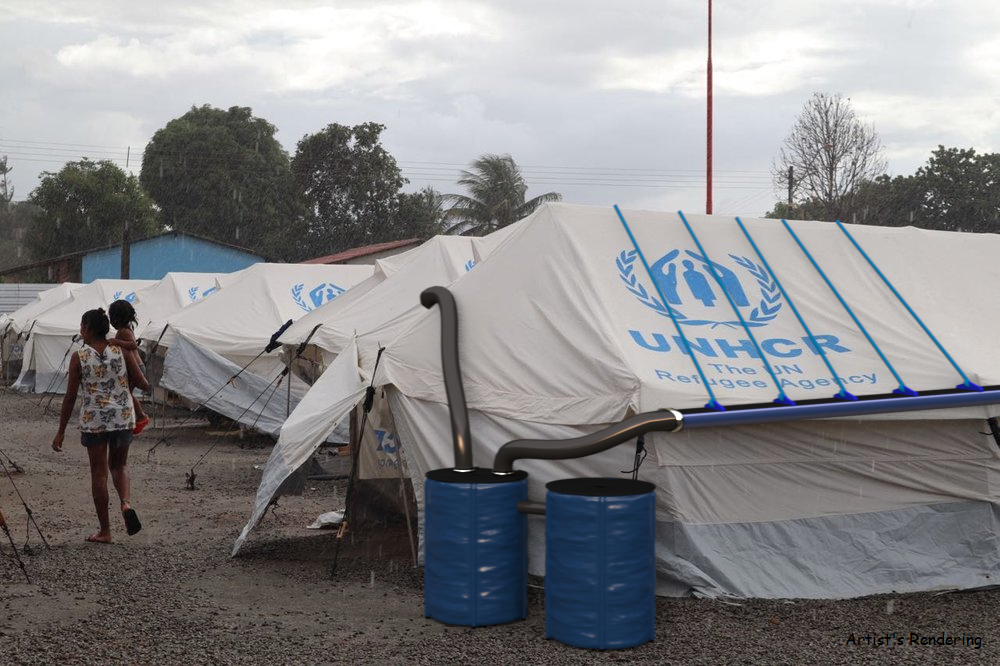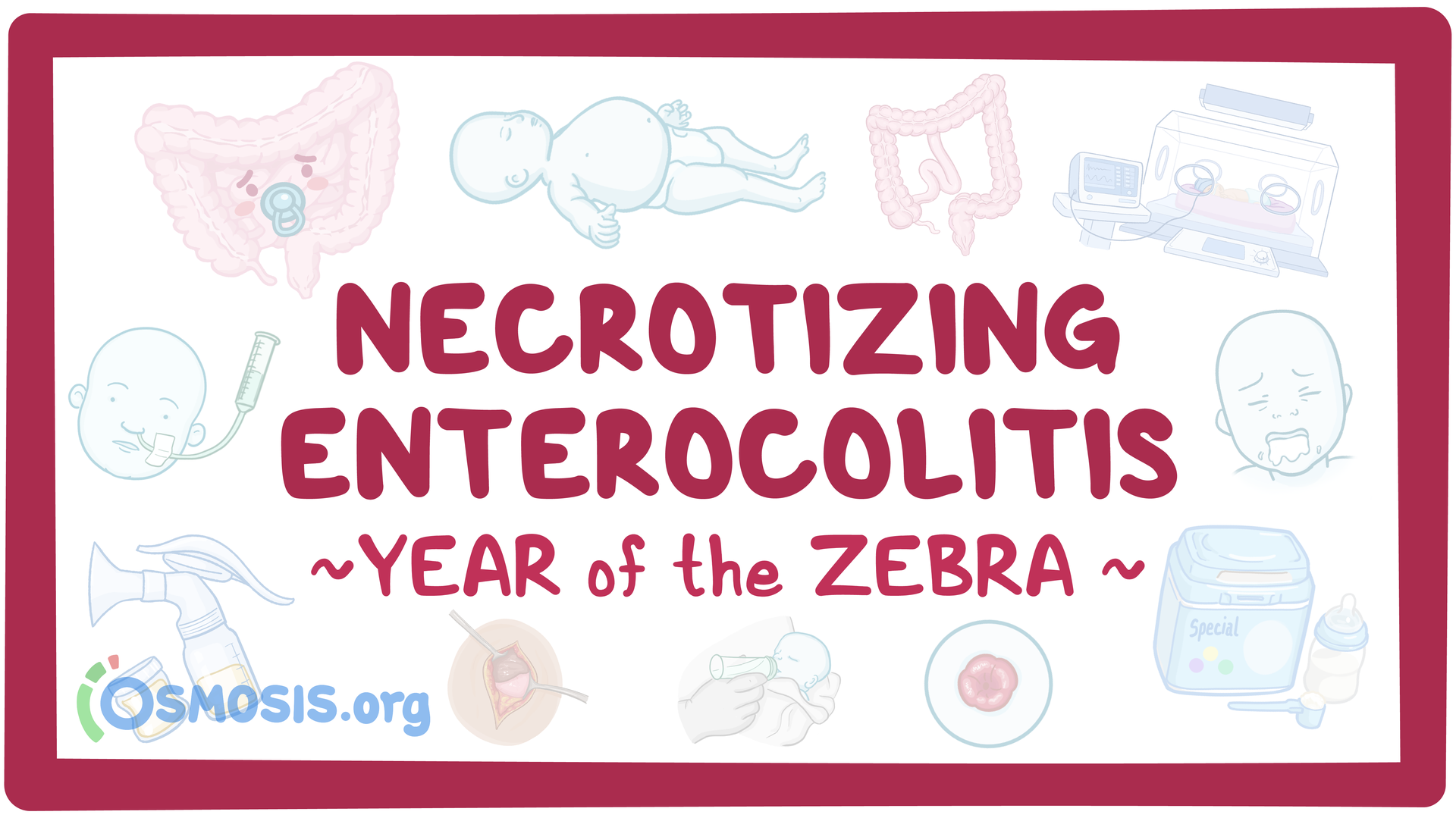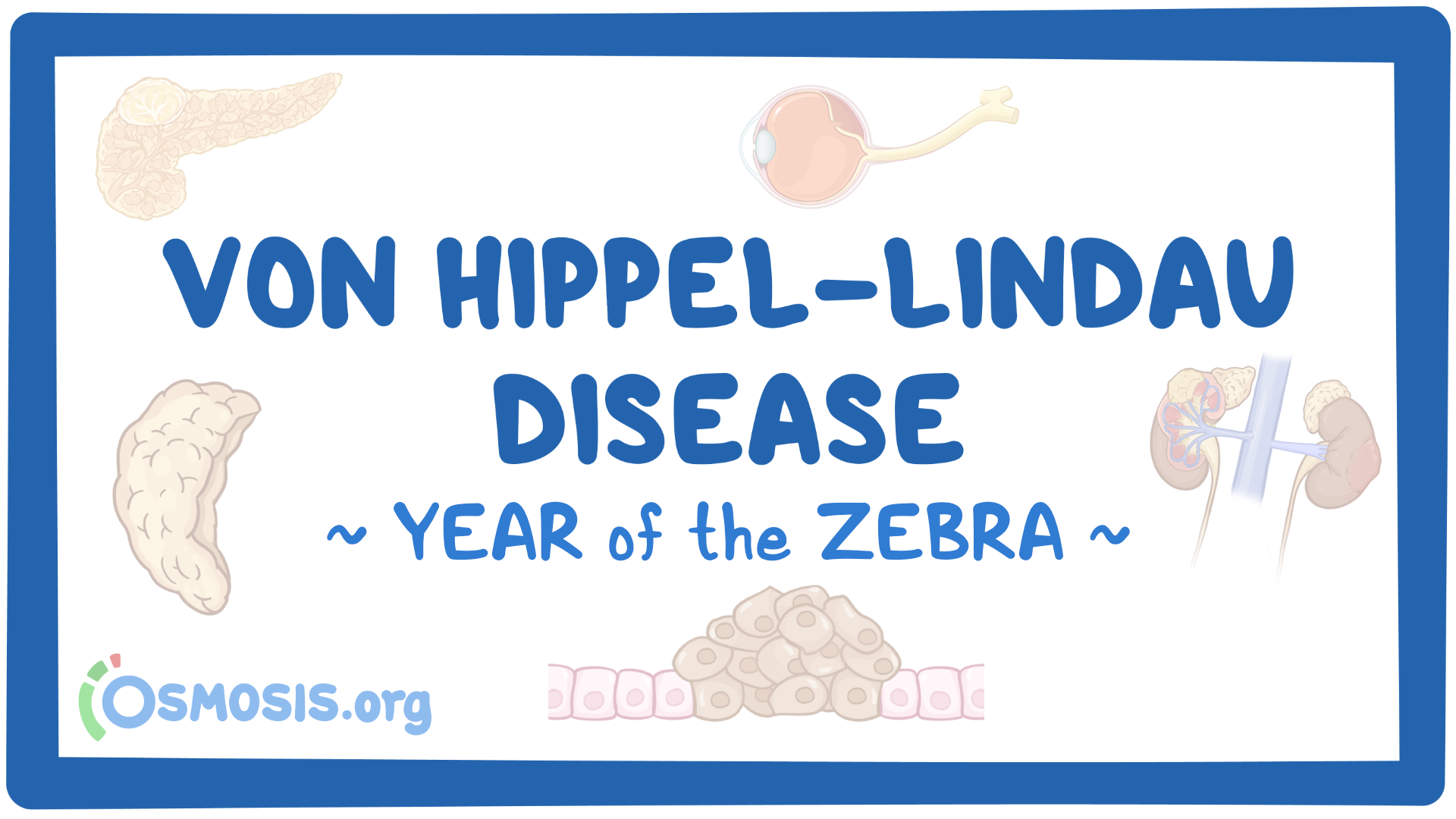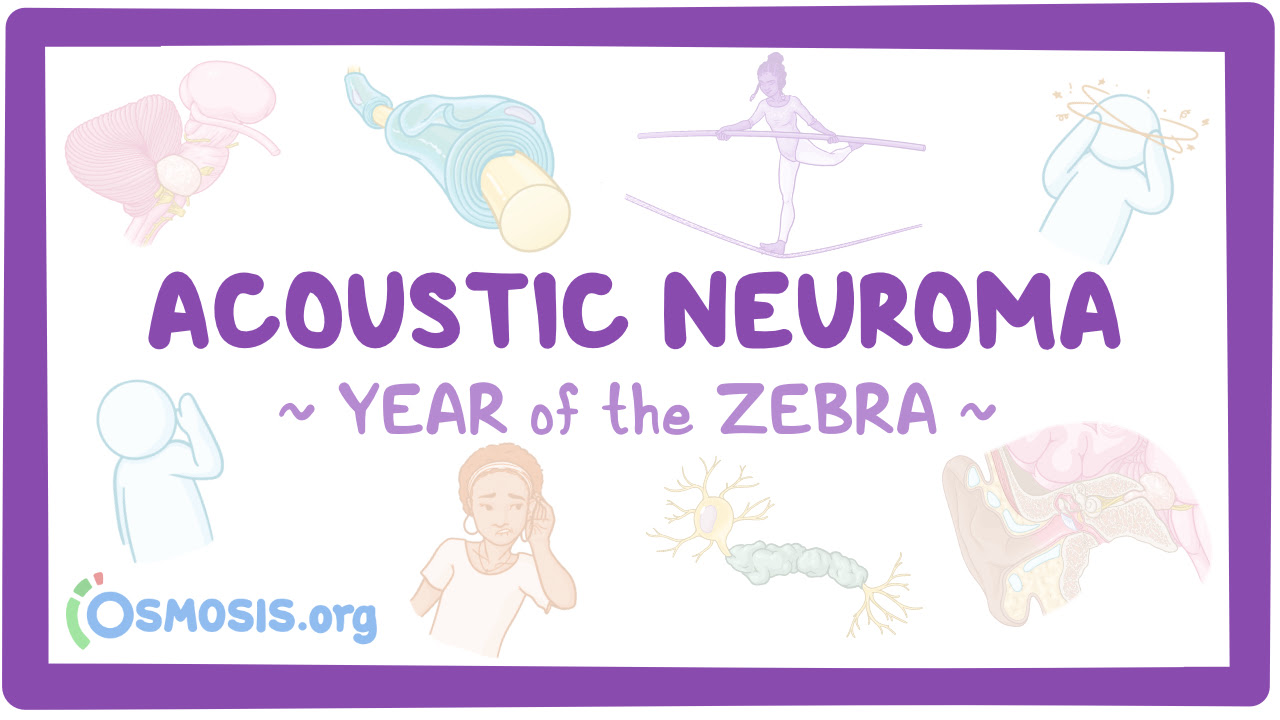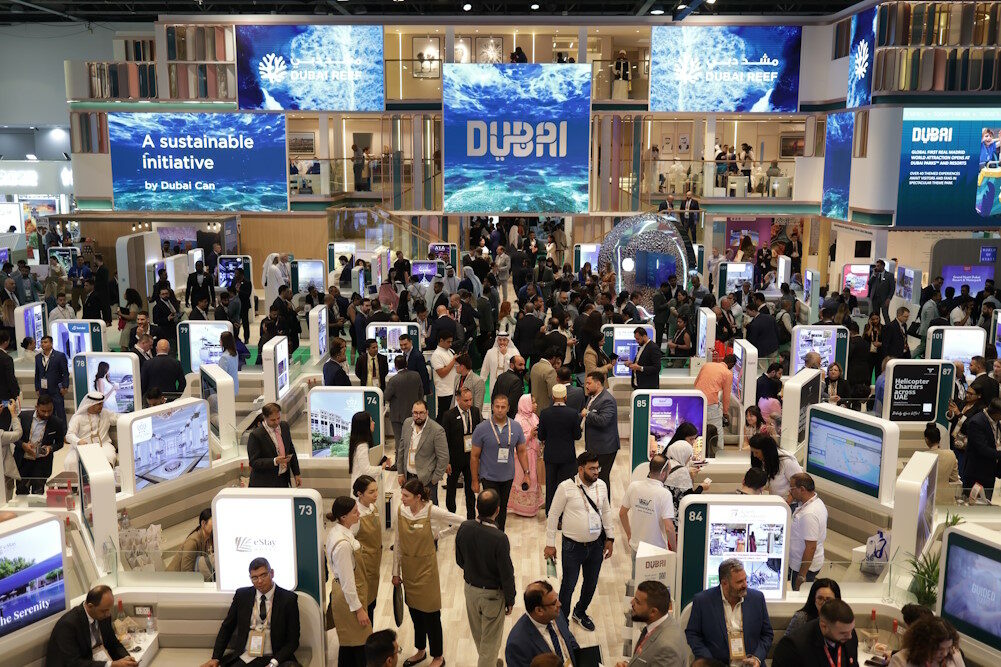The annual observance of the International Day of Disabled Persons was proclaimed in 1992, by the United Nations General Assembly resolution 47/3. The observance of the Day aims to promote an understanding of disability issues and mobilize support for the dignity, rights and well-being of persons with disabilities. It also seeks to increase awareness of gains to be derived from the integration of persons with disabilities in every aspect of political, social, economic and cultural life.
Rare Disease Education: Alpha-1 Antitrypsin Deficiency
Editor: Kelsey LaFayette, DNP, RN, FNP-C
The 2024 winners of the RELX Environmental Challenge, which supports innovative solutions to advance SDG 6 Clean water and sanitation, have been announced.
An exclusive whitepaper produced for Arabian Travel Market (ATM) by Digital Tourism Think Tank (DTTT) has highlighted that only 15% of UN Sustainable Development Goals (SDGs) related to tourism are on track to be achieved by 2030 according to the body, underscoring the need for more action to be taken across the sector.
This chapter aligns with SDGs 7, 11, and 13, by introducing solar chimney power plants as a clean energy solution, and their role in supporting sustainable communities and climate.

